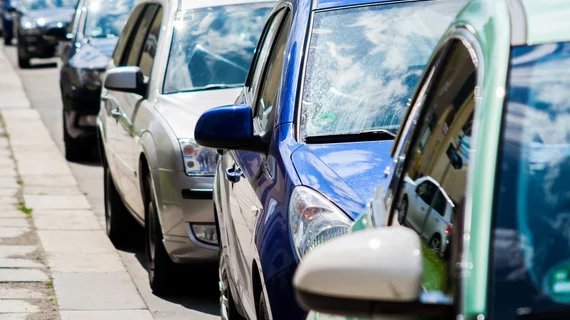Academic experts in disaster response have developed an AI-based simulation model that accurately predicts ebbs and flows in traffic at drive-through vaccination stations.
What’s more, the team has turned the model into an online app. Their hope is that the tool will help mass vaccination planners quickly compare different types of drive-through approaches and settle on the best fit for local populations.
The research was conducted at York University in Toronto and is published in the International Journal of Environmental Research and Public Health.
Ali Asgary, PhD, and colleagues describe their steps training a machine learning model on 125,000 simulated patient visits to a drive-through inoculation clinic.
“Our drive-through simulation has been developed and parameterized based on the past and current best practices available for drive-through design, settings and operations,” the authors comment in their discussion.
Noting the lack of drive-through vaccination protocols at the time of manuscript preparation, the researchers state their simulation tool can be fine-tuned while in use.
Data generated from simulated scenarios “can be used to develop a new and better predictive machine learning model for drive-through mass vaccination clinics,” the authors write. “The generated model can be used to obtain quick predictions of the number of people to be vaccinated and the average time it takes for vaccination under various parameter settings.”
Most of the simulations presented in the paper have potential for further refinement with new inputs and algorithmic tweaks, they suggest.

